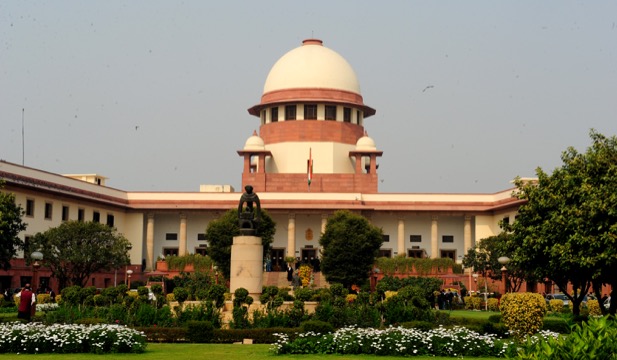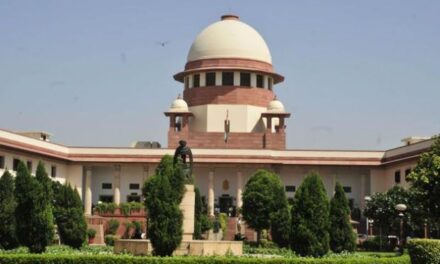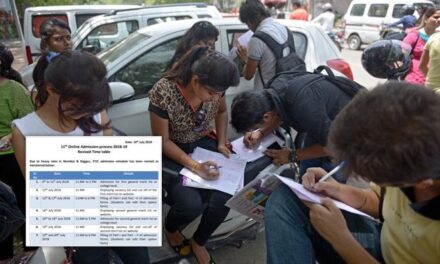Humans have the right to die with dignity: Supreme Court allows passive euthanasia


“Human beings have the right to die with dignity,” the apex court noted while announcing the decision
In a landmark judgement on Friday, a five-judge Constitution bench of the Supreme Court headed by Chief Justice of India Dipak Misra legalised passive euthanasia.
“Human beings have the right to die with dignity,” the apex court noted while announcing the decision. The judgement came on a petition seeking recognition of ‘living will’ made by terminally-ill patients for passive euthanasia.
Living will is a written document that allows a patient to give explicit instructions in advance about the medical treatment to be administered when he or she is terminally ill or no longer able to express informed consent.
The SC permitted an individual to prepare a living will that will authorise the withdrawal of all life support systems, albeit with the permission his or her family members along with a team of expert doctors who say that the person’s revival is practically impossible.
Supreme Court said that ‘living will’ be permitted but with the permission from family members of the person who sought passive euthanasia and also a team of expert doctors who say that the person’s revival is practically impossible.
The top court issued guidelines for governing execution of a living will and passive euthanasia in the absence of living wills, adding that its directions and guidelines shall remain in force till a legislation is brought on the issue.
While the five judges had written four separate judgments expressing their views, they concurred on allowing passive euthanasia and advance directives.
The bench, also comprising justices A K Sikri, A M Khanwilkar, D Y Chandrachud and Ashok Bhushan, had indicated during an earlier hearing that it might recognise the execution of ‘living will’ in cases of passive euthanasia, as right to die peacefully is part of fundamental right to life under Article 21 of the Constitution.
Article 21 provides that “no person shall be deprived of his life or personal liberty except according to procedure established by law”.
The apex court, however, had observed that there should be adequate safeguards and implementation of living will be subject to medical board’s certifying that the patient’s comatose state is irreversible.
The top court had in 2011 recognised passive euthanasia in Aruna Shanbaug’s case by which it had permitted withdrawal of life-sustaining treatment from patients not in a position to make an informed decision.
The Centre had opposed recognition of ‘living will’ and said the consent for removal of artificial support system given by a patient may not be an informed one and without being aware of medical advancements.
It had cited examples of various countries in disallowing creation of living will by patients.
Advocate Prashant Bhushan, appearing for petitioner NGO Common Cause, had argued that safeguards were needed while taking a decision by medical boards to withdraw life support of a patient.
The bench was hearing the PIL filed in 2005 by the NGO, which said when a medical expert is of the opinion that a person afflicted with a terminal disease has reached a point of no return, he should be given the right to refuse life support.
On January 15, 2016, the Centre had said the 241st report of the Law Commission stated that passive euthanasia should be allowed with certain safeguards and there was also a proposed law – Medical Treatment of Terminally Ill Patient (Protection of Patients and Medical Practitioners) Bill, 2006.
It had said that on specific occasions, the question of withdrawing supporting devices to sustain cardio-pulmonary function even after brain death, shall be decided only by a doctors’ team and not by the treating physician alone.
With agency inputs













